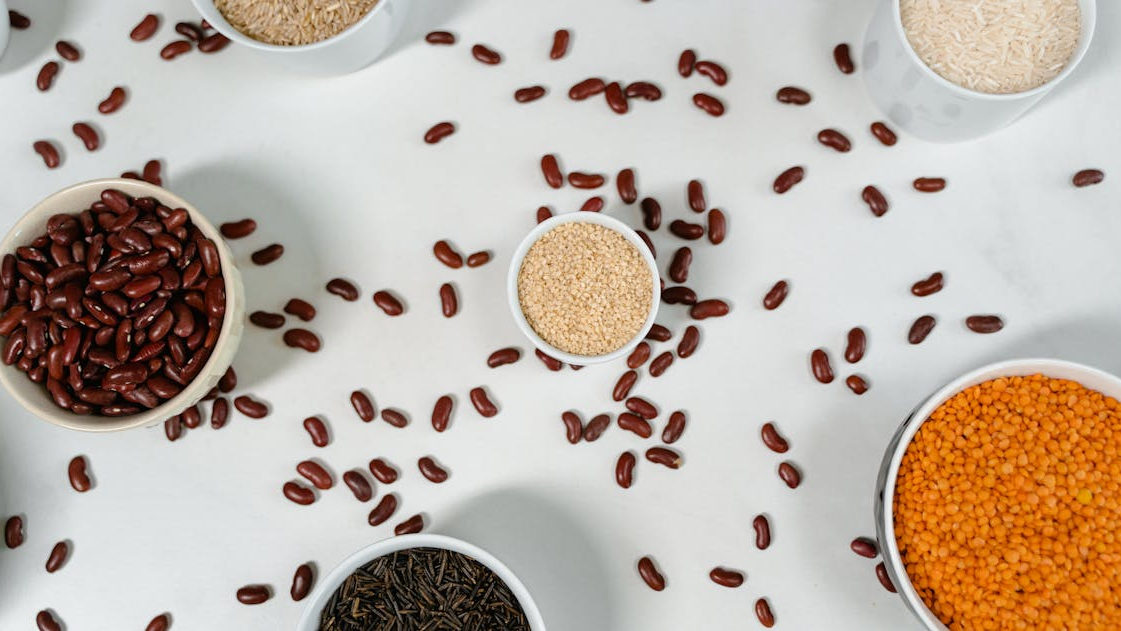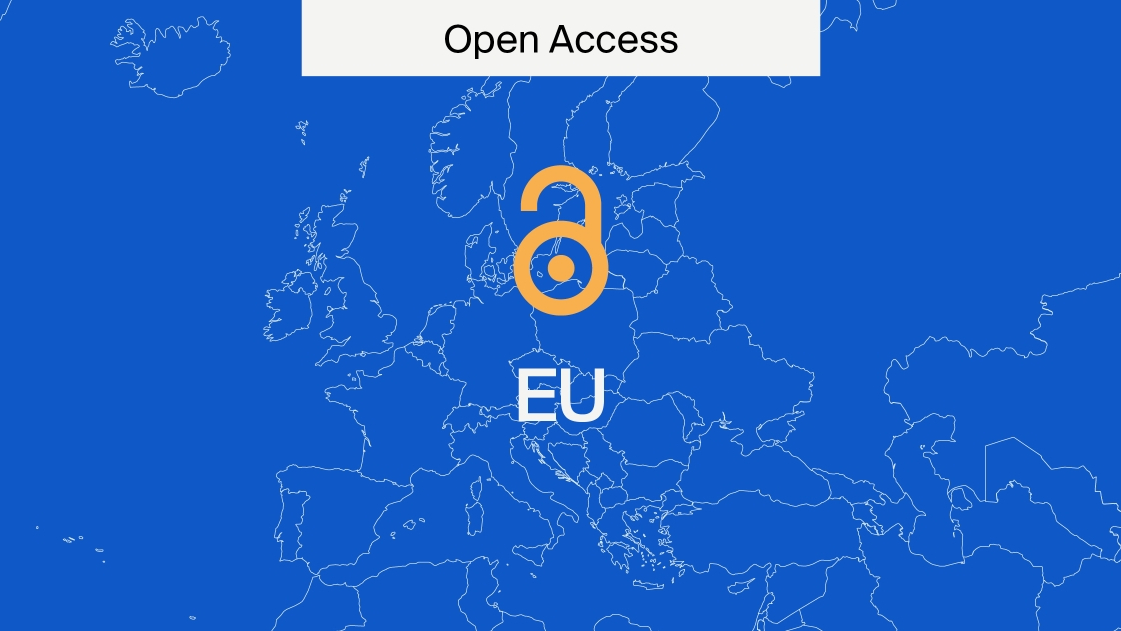
Nuts and the Mediterranean Diet
How can nuts and the Mediterranean diet help you to achieve your New Year’s resolutions?
How many of you set New Year’s resolutions? Was one of them “eat better”?
I know that amongst my resolutions, “eat healthier food” was on the list. I’m a chronic snacker—especially when I’m working—and I (like many people) assumed that eating healthier food would result in an infinite amount of salads. Ugh. Salads. Roughage, it’s been called. An infinite variety of ways to eat lettuce. At times, I’ve seen people toss in some nuts for variety, but it’s never really been for me. At least not until now.
But I made the effort and did the research. And there are lots of different things that can be called a salad and they don’t all have lettuce.
What is the Mediterranean diet?
Usually consumed where there are olives and grapes, the Mediterranean diet is a well-known and balanced diet. It generally encourages (though it does not outright ban) staying away from certain foods. Red meats, processed foods, and sugar, for example are usually discouraged in favour of plant-based foods and those with healthy fats (olive oil, fish, nuts, etc.). A benefit of the diet is that it is balanced between caloric intake and also micro- and macro-nutrients. Often, the Mediterranean diet is useful for losing weight and it is also good for cardiovascular health.
Phytochemicals in the Mediterranean diet
One place to start our discussion about the Mediterranean diet is to talk about phytochemicals. What are phytochemicals? They’re chemical compounds that plants produce (they use them to fight off bacteria, viruses, fungi, etc.). And these phytochemicals may have significant health benefits. These range from slowing the progression of cancer cell growth to improving the immune system. They can also help with DNA repair.
As noted in the article, “the MD [Mediterranean diet] is rich in phenylpropanoids, isoprenoids, and alkaloids, compounds with high antioxidant activity.” The authors go on to note, “In fact, the antioxidant properties of the bioactive compounds included in the MD are some of the major contributors to the health properties of the MD.”
Melatonin
An article in the journal Antioxidants on the subject of the Mediterranean diet (and the references therein), the authors noted that melatonin shows remarkable functional versatility. It shows antioxidant, oncostatic, antiaging, and immunomodulatory effects. Because melatonin is a free radical scavenger, it directly scavenges reactive oxygen species and nitrogen-based species more efficiently than vitamin E. It also induces the activity of antioxidant enzymes, such as glutathione reductase and peroxidase.
In short, nuts have some healthy fats to contribute, but can also have a myriad of health benefits as well. Its no wonder the diet is so heavily recommended by so many people.
Variability in nuts
As the authors note, Oladi et al. previously determined that the melatonin contents in four different varieties of pistachio from Iran were 1000–10,000 times higher than those of other nuts and pistachio varieties. This sort of knowledge is important for people to know how much of what they’re putting into their bodies.
While nuts are a healthy source of fats and fiber, they’re not all the same. As such, research continues. Both on nuts and on the Mediterranean diet.
Nuts and blood lipids and lipoproteins (and the Mediterranean diet)
In a review in Nutrients, the authors assembled a collection of 19 systematic reviews and meta-analyses of randomized controlled trials that were available in PubMed that matched their search queries. They found that “the consumption of total and specific nuts improves blood lipid profiles by multiple mechanisms.” This is promising news for the improvement of cardiovascular health (something the Mediterranean diet also has been indicated to help with).
Submit your paper to MDPI
Do you have interesting research on nuts that you want to share with the world? Manuscripts should be submitted online at susy.mdpi.com. To submit your manuscript, register and log in to the submission website. Once you have registered, click here to go to the submission form for the journal you want to apply to. All co-authors can also see the manuscript details in the submission system. To do so, they must register and log in using the e-mail address provided during manuscript submission.










